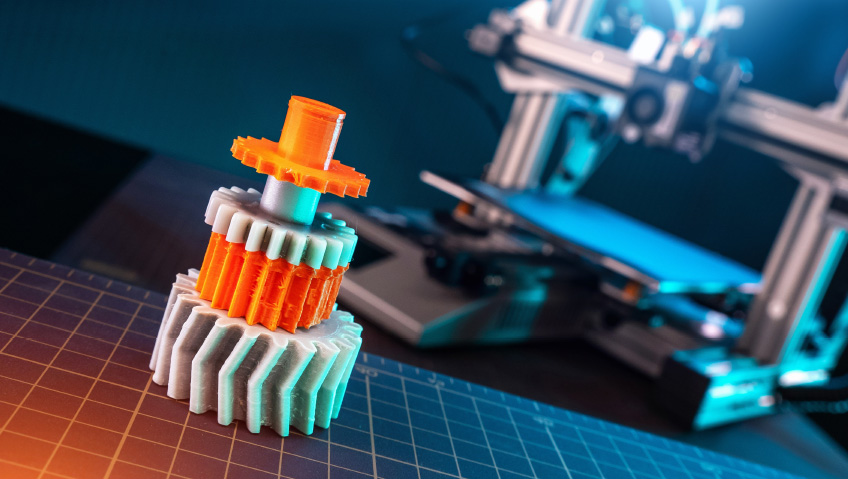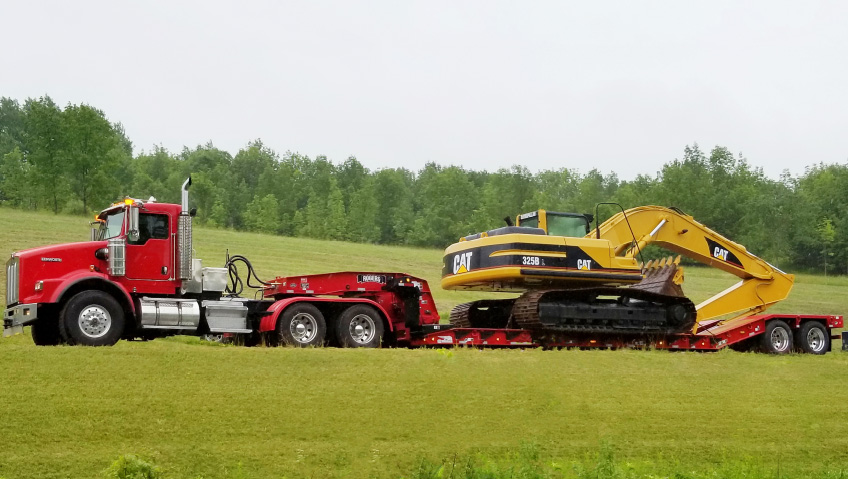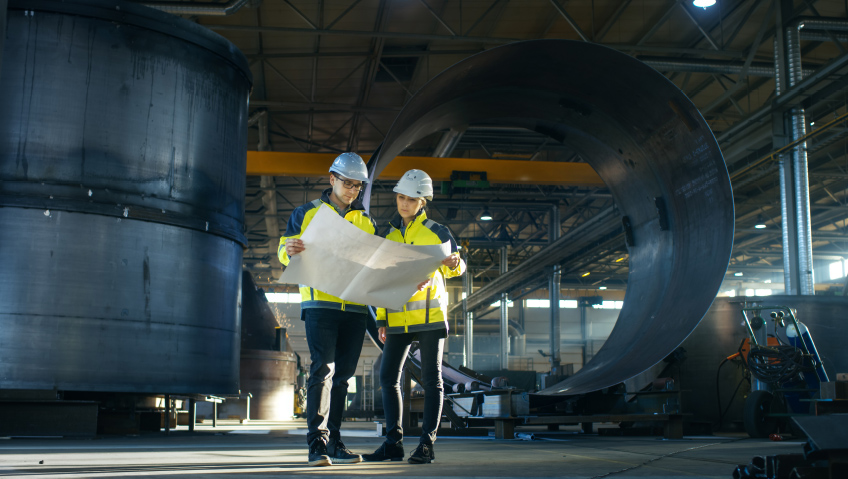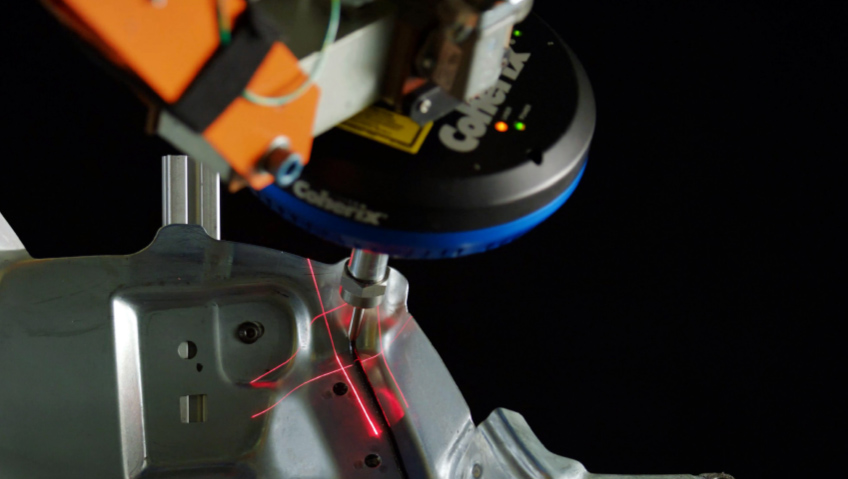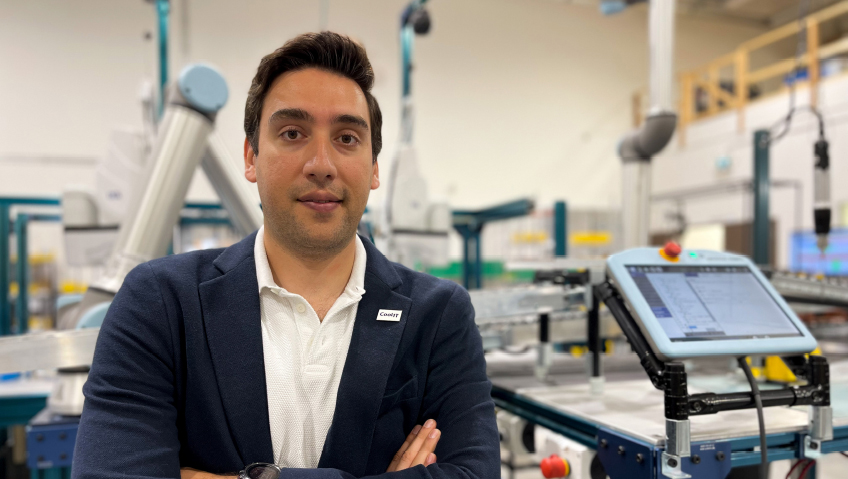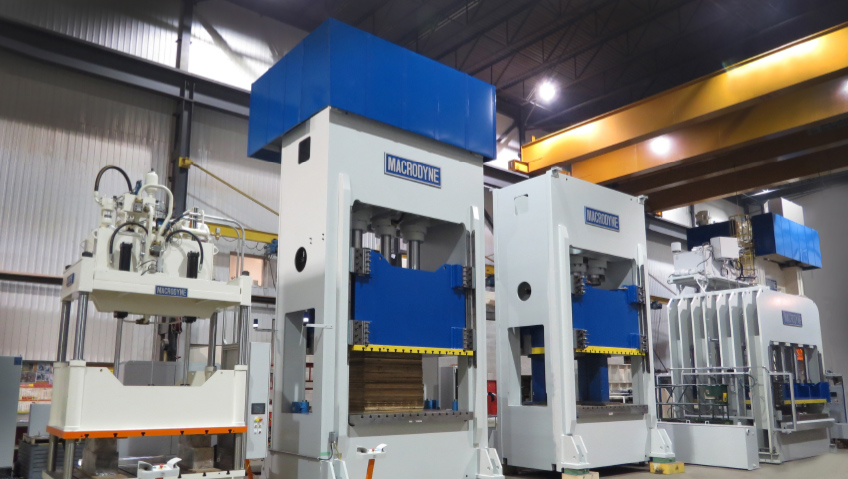Performance Plastics Ltd. (PPL) of Cincinnati, Ohio marked its fortieth anniversary this year as a leader in the design and manufacture of high-performance thermoplastic components. The company works with specialized polymers and tight tolerances, and follows rigorous quality assurance protocols. It anticipates big growth shortly, based on its wealth of experience and cutting-edge products such as EnduroSharp® aerospace maintenance tools.
At heart, Performance Plastics is “primarily a custom injection molder,” states Rich Reed, Vice President of Sales and Marketing. “The secret to our success is our unique ability to design and offer custom materials and processes. We offer our customers solutions, not products. We work with our customers to solve their largest challenges,” he adds.
The company excels at custom jobs involving thin walls, intricate part geometries, and tight tolerances. Some of its tool design software and processes are proprietary and most services—aside from some secondary finishing operations—are done in-house.
“Our tag line is ‘Problem Solved.’ We challenge ourselves,” says Reed.
To this end, Performance Plastics is “one of only a few companies in the U.S. authorized and equipped to manufacture Torlon®,” he adds. Also called polyamide-imide (PAI), this high-temperature polymer offers excellent tensile strength and requires special certification to use in the United States. Other materials commonly used by the company include fluorinated Ethylene Propylene (FEP), perfluoroalkoxy alkane (PFA), polyether ether ketone (PEEK), and polyetherimide (PEI).
These materials form the basis for the tens of millions of thermoplastic components produced by the company each year. This total is “spread out over our three major market segments: medical, precision industrial, and then aerospace / defense,” Reed notes.
Typical components would include medical work centers, surgical equipment, inhalation systems, and cartridges for medical testing equipment. Performance Plastics’ expertise with chemically inert fluoropolymers such as FEP and PFA, as well as complex geometries, makes the firm a popular choice for customers in the medical device sector.
The company also shines when it comes to components that can handle harsh chemicals and high temperatures, which is why its parts are frequently used in industrial settings such as the energy, electronics, and automotive sectors.
For aerospace and defense, Performance Plastics makes highly-engineered, carbon-fiber-reinforced thermoplastic components that are both strong and lightweight. These resins are practical in applications where weight reduction is a priority.
Vast quantities of polymers and resins are required to produce these components, so the company likes to form close partnerships with its suppliers. “We maintain a small number of preferred vendors but, given the current economic climate, we sometimes must look outside our core base,” explains Reed.
Regardless of the assignment, Performance Plastics aims to involve its clients every step of the way, from concept through to design and the creation of the mold. Reed points to a post on the company blog outlining a ‘Project Development Roadmap’—a collaborative process formulated by the company.
The first step involves working with the client to set guidelines regarding the budget, time commitment, and minimum quantity of components involved in a job. Following that, the Performance Plastics team and the client come to an agreement regarding the function and conceptual design of the mold. In the next stages, the client issues a purchase order, and the company does initial part design-for-manufacturing (DFM) work. Once the client greenlights the initial DFM, Performance Plastics designs the mold, incorporating suggestions from the customer, and a final DFM is submitted. Only after the client approves the final DFM does the team start the actual mold construction process.
With the company passing a corporate milestone this year, Reed reflects on its history. Performance Plastics has grown considerably since it was founded in 1982 but its basic business philosophy remains the same.
“From the beginning, our founder wanted to specialize in services and solutions other companies could not offer. We only want the large volume, difficult jobs,” asserts Reed.
The company was purchased in 1997 by Tom Mendel, who continued the tradition of handling complex, large-volume work. Following the purchase, the company hired more manufacturing and engineering staff. In 2015, Mendel brought MCM Capital—a microcap private-equity business—on board as a partner to spur further growth.
The company currently has seventy-five staff members, plus “approximately twenty-five to thirty temporary, seasonal employees, depending upon demand. We have been running at full capacity on all three shifts since before COVID,” Reed says. “We have six engineers on staff, each specializing in different areas. Many management staff also have engineering training.”
He adds, “Our corporate culture is very unique in the fact that we have many employees that have been with us for over twenty years and helped us develop into who we are today. We are very family oriented and encourage a healthy balance of home / work life.”
Given the nature of the markets it serves, Performance Plastics adheres to comprehensive quality parameters. The firm is ISO 9001:2015 certified and ISO 13485 compliant for medical work. It is registered with International Traffic in Arms Regulations (ITAR), a requirement for companies doing work for the American defense sector, and it follows the Production Part Approval Process (PPAP) terms which set very high-quality benchmarks.
“We use 3D modeling and CAM / CAD technologies. Additionally, we offer a unique service of industrial [computed tomography] scanning services. This allows us to [work] with existing parts without destroying the original part,” Reed points out.
Performance Plastics carefully selects the appropriate resins for each job and engages in systematic design verification and part validation. It uses Zeiss metrology equipment to analyze dimensional tolerances, part dimensions and other data, robotic placement systems and advanced vision inspection solutions. As noted by Reed, the company employs a CT scanner to examine the interior of components and creates detailed 3D computer models for supplementary inspection.
The company’s concern for flawless design and production is self-evident; when making components for aircraft and medical operations, parts must work all of the time. “We refer to our parts as being ‘mission critical,’” states Reed.
Because of its credentials and ability to mold Torlon®, PPL developed a line of high-quality, exclusive products, called EnduroSharp® Torlon® aircraft maintenance tools.
The EnduroSharp® line consists of “a series of specialized tools developed for the F-35 and F-22 Lockheed Martin fighter jet fighter program,” says Reed of the massive, multi-national, multi-billion dollar aerospace initiative.
These proprietary non-metallic Torlon®-based scraper tools were created “to remove adhesives, sealants, and coatings from composite structures without damaging the substrate, in very critical programs such as the F-35 fighter jet,” he continues.
The firm will soon be launching another new product, a Torlon® Sealant remover (TSR). It is also intended for use in aerospace maintenance and will enter production within a few months.
The COVID pandemic did not have a huge impact, although the company still followed health and safety protocols to protect workers. “We were one of the lucky companies that actually did well through COVID. We are considered an essential manufacturer because we supply into the aerospace / defense market. We had policies implemented which included social distancing, masking, and sterilizing equipment between shifts. We also had limitations on the number of individuals that could occupy spaces (lunch rooms, tooling rooms, maintenance rooms) at times. We still maintain our sanitizing procedures between shifts to maintain a healthy work environment,” Reed states.
When it comes to promotion, the company favors online platforms and in-person events. “We focus mostly on digital advertising, social media, and trade shows. We produce weekly blogs, several of which have been picked up by print publications such as Plastics Today and Plastics Manufacturing Magazine,” he shares.
In addition to making excellent thermoplastic components, Performance Plastics is heavily involved in charitable and community initiatives. Through a partnership with Goodwill Industries of Southern Ohio, for example, it employs several people with disabilities. The company does food drives at Thanksgiving, and a toy drive during the Christmas season for the local community.
Moving forward, the company is eager to hire more staff. “We are always looking for fresh talent and ideas at Performance Plastics. We offer a full comprehensive benefits package as well as reimbursement for education and training,” states Reed.
The problem is that Performance Plastics faces a labor shortage. It has been well-documented that not enough young people are entering skilled trades and manufacturing to replace workers approaching retirement. Low unemployment rates in the post-COVID economy have exacerbated the problem by shrinking the talent pool.
The largest non-COVID-related “challenge we have by far is labor,” says Reed. “I know we’re not alone. A lot of other manufacturers across the country have the same issue… It’s really pushed us to become better in many ways to attract and retain labor.”
Despite the labor crunch, he remains highly optimistic and offers an upbeat forecast. “We are continually taking on new projects and are looking to expand the EnduroSharp® line in the future,” says Reed. “Our objective in five years is to double sales. [We will do this] through our focus on our existing customers, new customers, and our EnduroSharp product line.”

